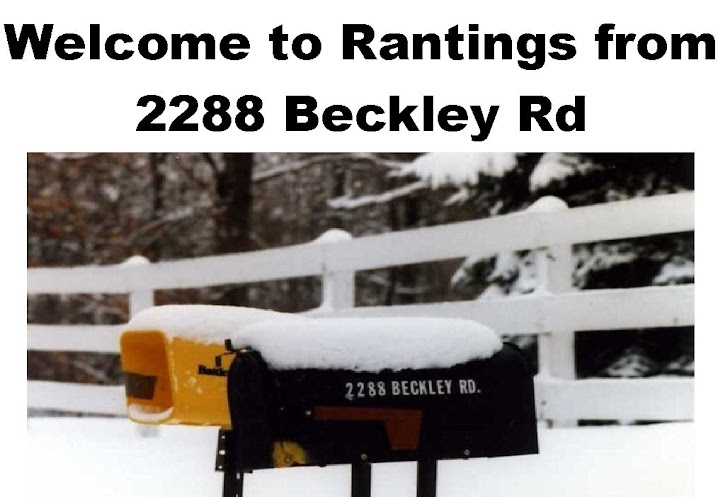Way to go David Frum. He now sees the error of his ways and realizes it isnt the gays that are ruining the institution of marriage. He isn't saying who is, but at least he isn't blaming the homos.
Editor's note: David Frum writes a weekly column for CNN.com. A special assistant to President George W. Bush from 2001 to 2002, he is the author of six books, including "Comeback: Conservatism That Can Win Again," and is the editor of FrumForum.
Washington (CNN) -- I was a strong opponent of same-sex marriage. Fourteen years ago, Andrew Sullivan and I forcefully debated the issue at length online (at a time when online debate was a brand new thing).
Yet I find myself strangely untroubled by New York state's vote to authorize same-sex marriage -- a vote that probably signals that most of "blue" states will follow within the next 10 years.
I don't think I'm alone in my reaction either. Most conservatives have reacted with calm -- if not outright approval -- to New York's dramatic decision.
Why?
The short answer is that the case against same-sex marriage has been tested against reality. The case has not passed its test.
Since 1997, same-sex marriage has evolved from talk to fact.
If people like me had been right, we should have seen the American family become radically more unstable over the subsequent decade and a half.
Political impact of same-sex marriage
Clinton: Fight for LGBT rights ongoing Instead -- while American family stability has continued to deteriorate -- it has deteriorated much more slowly than it did in the 1970s and 1980s before same-sex marriage was ever seriously thought of.
By the numbers, in fact, the 2000s were the least bad decade for American family stability since the fabled 1950s. And when you take a closer look at the American family, the facts have become even tougher for the anti-gay marriage position.
Middle-class families have become somewhat more stable than they used to be. For example: College-educated women who got married in the 1990s were much less likely to get divorced than equally educated women who got married in the 1970s.
What's new and different in the past 20 years is the collapse of the Hispanic immigrant family. First-generation Latino immigrants maintain traditional families: conservative values, low divorce rates, high fertility and -- despite low incomes -- mothers surprisingly often at home with the children.
But the second-generation Latino family looks very different. In the new country, old norms collapse. Nearly half of all children born to Hispanic mothers are now born out of wedlock.
The case against same-sex marriage has been tested against reality. The case has not passed its test.
Whatever is driving this negative trend, it seems more than implausible to connect it to same-sex marriage. How would it even work that a 15-year-old girl in Van Nuys, California, becomes more likely to have a baby because two men in Des Moines, Iowa, can marry?
Maybe somebody can believe the connection, but I cannot.
I remain as worried as ever about the decline in family stability among poorer Americans. But as for same-sex marriage, my attitude follows the trajectory described nearly 150 years ago by the English writer Anthony Trollope in his novel "Phineas Finn."
Two of his characters are discussing a proposed reform that has just been defeated in Parliament. The author of the reform is understandably dejected. His friend consoles him by pointing to the future:
"Many who before regarded legislation on the subject as chimerical, will now fancy that it is only dangerous, or perhaps not more than difficult. And so in time it will come to be looked on as among the things possible, then among the things probable; -- and so at last it will be ranged in the list of those few measures which the country requires as being absolutely needed. That is the way in which public opinion is made."
By coincidence, I am writing these words on the morning of my own 23rd wedding anniversary. Of all the blessings life has to offer, none equals a happy marriage. If proportionally fewer Americans enjoy that blessing today than did 40 years ago, we're going to have to look for the explanation somewhere other than the Legislature in Albany.
The opinions expressed in this commentary are solely those of David Frum.
This article was on the CNN website today.

No comments:
Post a Comment